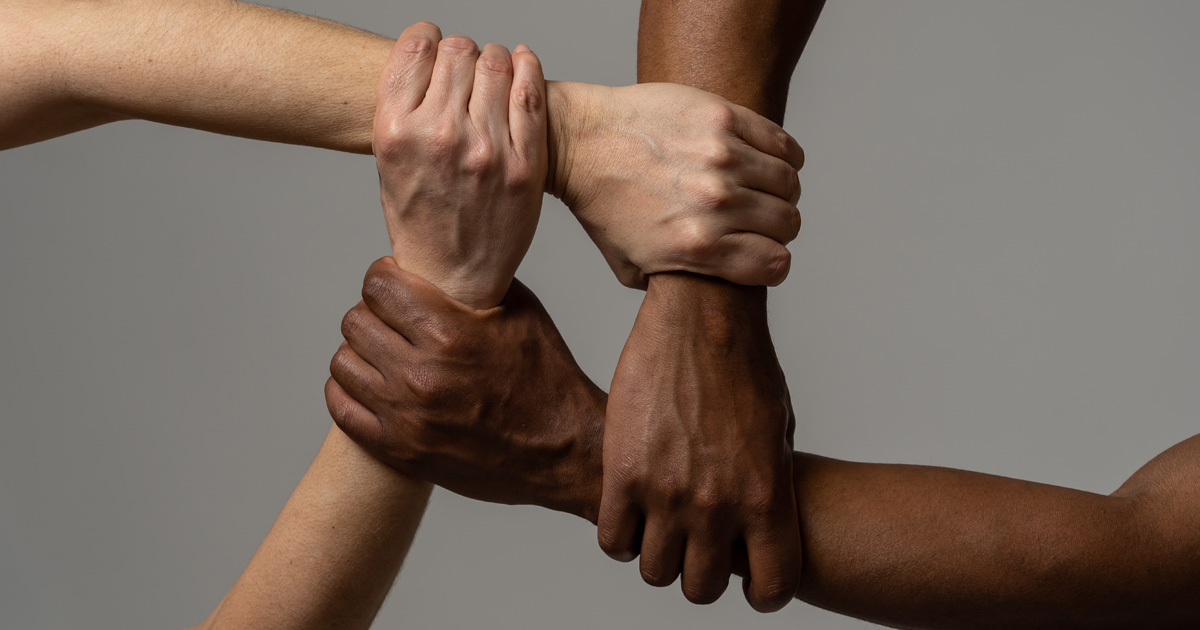National Institute on Aging and NCI/NIH supported the study. The authors report no relevant financial disclosures. Schwartz reports no relevant financial disclosures.
ADD TOPIC TO EMAIL ALERTS
ADDED TO EMAIL ALERTS
Key takeaways:
Major discrimination events appeared associated with increased frailty among Black survivors of various cancer types, according to study results published in Cancer.
Additional research is needed to better understand the association between aging, discrimination and cancer survivorship among diverse populations, researchers concluded.
Rationale and methodology
“Discrimination can act as a chronic stressor, which can throw the body off balance, resulting in increases in blood pressure, heart rate, metabolism, inflammation and numerous other factors. These stressors can also increase rates of aging, leading to greater risk [for] frailty,” Jeanne Mandelblatt, MD, MPH, director of Georgetown Lombardi Institute for Cancer and Aging Research, said in a press release. “This is important to understand as there have been virtually no studies of the relationships between discrimination and aging in the setting of cancer survivorship.”
Mandelblatt and colleagues sought to examine the association between discrimination and aging among 2,232 self‐identified Black cancer survivors (median age, 62 years) who were within 5 years of a diagnosis of breast (n = 787), colorectal (n = 227), lung (n = 223) or prostate (n = 995) cancer and participated in the Detroit Research on Cancer Survivors (ROCS) study between September 2017 and April 2022.
They surveyed survivors after cancer treatment via phone, in writing or online regarding any aging-related diseases, their ability to maintain a healthy lifestyle and their experience of any major discrimination events.
Researchers used a discrimination scale that assessed seven types of major discrimination experiences, including being unfairly fired or denied a promotion; stopped, searched, questioned, threatened or physically abused by police officers; prevented from moving into a neighborhood; and receiving worse medical care than others. The investigators used linear regression to assess the association of discrimination and deficit accumulation that controlled for age, time from diagnosis, cancer type, stage and therapy, and sociodemographic variables.
Overall, 63.2% of survivors reported ever experiencing major discrimination, corresponding to an average of 2.4 types of discrimination events.
Researchers classified 42.7% of survivors as prefrail and 32.9% as frail. Only about a quarter of survivors (24.4%) experienced few or no signs of frailty.
Among those who reported ever experiencing major discrimination, survivors with four to seven types of discrimination events had a clinically meaningful increase in adjusted deficits (0.062; P < .001) that appeared consistent across all cancer types.
“Significantly, this pattern of discrimination affecting frailty was consistent across the four types of cancer surveyed, indicating that discrimination is an important factor to study and understand in Black cancer survivors in order to improve their quality and length of life,” Mandelblatt said in the release.
“Our results indicate that after considering the effects of traditional factors on poor health, such as income, education and types of cancer treatment, discrimination was a significant factor explaining frailty and it acted independently of the other variables,” Ann Schwartz, PhD, MPH, professor and associate chair of oncology at Wayne State University School of Medicine, said in the press release. “Regardless of whether you were rich or poor, if you experienced more discrimination then you had greater frailty.”
Researchers plan to further examine the association between major discrimination, other chronic life stressors and markers of biological aging, as well as how cancer and its treatment further contributes to biological aging among racial and ethnic minorities.
References:
ADDED TO EMAIL ALERTS
This content was originally published here.



Comments are closed, but trackbacks and pingbacks are open.